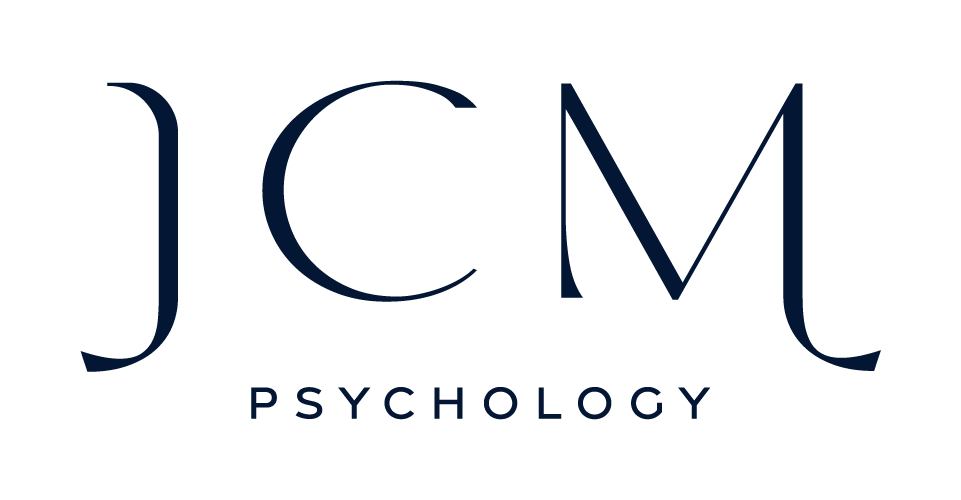POST TRAUMATIC STRESS DISORDER (PTSD) & COMPLEX TRAUMA TREATMENT
WHAT IS POST TRAUMATIC STRESS DISORDER?
Post-traumatic stress disorder (PTSD) is a reaction to a life-threatening or highly distressing event. Such experiences can lead us to feel elevated levels of fear, anger, sadness, vulnerability, confusion and distress.
It is estimated that around 12% of Australians will experience PTSD at some point of their life. For many, given time and support from loved ones they can recover from traumatic experiences and resume their normal life. For others, these reactions persist, leading to recurrent feelings of fear, anger or numbness which can interfere with daily life. If these symptoms persist for more than 3 months and cause significant interference with day-to-day life then you may be suffering from Post Traumatic Stress Disorder (PTSD).
WHAT ARE THE SYMPTOMS OF PTSD?
Individuals suffering from PTSD often experience the following symptoms:
Nightmares and sleep difficulties.
Hyper-vigilance and being easily startled.
Feelings of shame, guilt or anxiety.
Flashbacks of the triggering event.
Feeling physically and emotionally distressed by memories of the event.
Persistent sadness or low moods.
Difficulty completing day-to-day responsibilities.
Trouble feeling positive emotions towards people or activities you once enjoyed.
WHAT IS COMPLEX TRAUMA?
The term complex trauma describes exposure to multiple traumas; often occurring for those who have experienced repeated trauma in childhood, for example, child abuse, neglect, family violence, family separation and other adverse childhood experiences. It can also manifest when a parent or caregiver has experienced their own trauma, for example, in situations involving mental illness, drugs and alcohol misuse, or when caregivers are physically or emotionally unavailable.
Complex trauma is not always the result of childhood trauma. It can also occur with exposure to repeated distressing adult experiences that reinforce a sense of fear, lack of safety, threat and mistrust in one’s internal and external world.
WHAT IS DISSOCIATION?
Complex trauma affects the way people feel about themselves and their capacity to trust, feel safe, build healthy relationships, and seek support. Many people experiencing complex trauma feel isolated and alone, often with multiple co-existing mental health issues including substance abuse, eating disorders, and self-harming behaviours. It is common for people living with Complex PTSD to utilise other coping strategies, including substance use, as a means to survive.
With childhood trauma, comorbidity is the norm rather than the exception. Coexisting depression and anxiety are common, as is the diagnosis of personality disorder, particularly BPD. The developing minds of young children often respond protectively to extreme stress and the perception of threat through the mechanism of dissociation – that is psychological disconnection from the present moment; the `freeze’ response – because children are literally unable to fight or flee.*
HOW TO HEAL FROM COMPLEX TRAUMA
Research shows that people can recover from the impacts of even severe trauma. Evidence-based interventions, such as EMDR, CBT and Schema Therapy, can assist to reprocess and resolve traumatic experiences, and rebuild a sense safety and stability in your life.
*Further information and resources about complex trauma are available from the Blue Knot Foundation.
Are you looking for trauma therapy on the Sunshine Coast?
We’d love to hear from you


